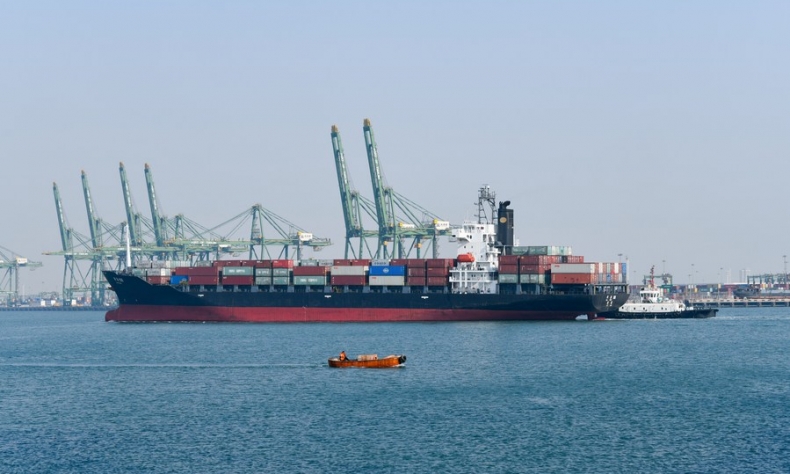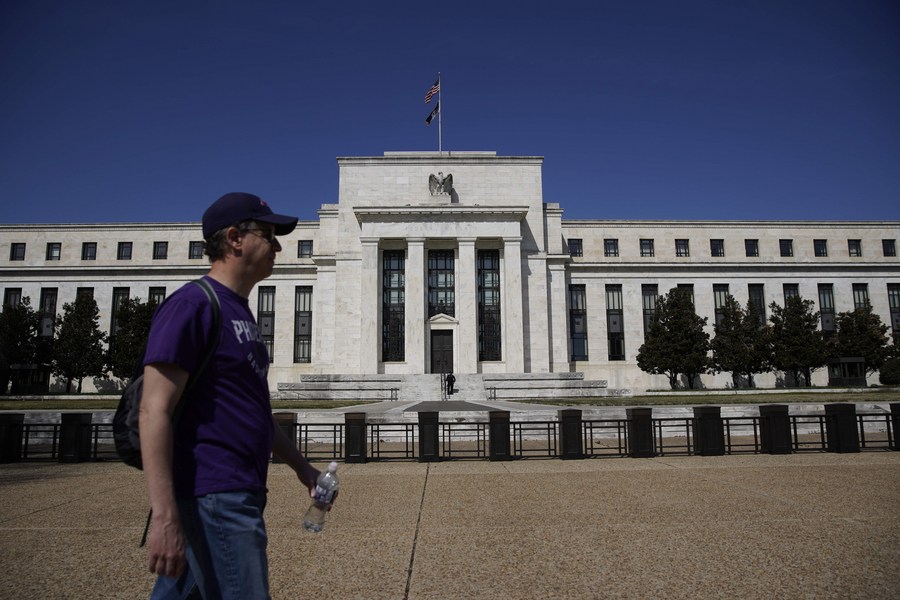Time for US to Make Overdue Corrections to Tariffs

If the U.S. is looking for a result-orientated policy, then it should seek to negotiate a win-win trade arrangement with China that can better attain access to its domestic market while removing the politically toxic Trump tariffs.
U.S. Treasury Secretary Janet Yellen said on April 22 that it was “worth considering” taking steps to lower U.S. tariffs on Chinese goods given the “desirable effects” such a move could have on lowering U.S. inflation, which now stands at a 40-year high of 8.5% year on year.
Although President Biden has sought to blame the tariffs on the war in Ukraine, the surge of inflation in reality is directly linked to the hundreds of billions of dollars’ worth of tariffs the United States has placed on its largest trading partner China for both protectionist and geopolitical reasons. Despite the obvious damage they serve to “American interests,” such tariffs have been a political “sacred cow” of sorts which is deemed unacceptable to challenge, even if they serve no actual merit. However, as new strains begin to weigh upon the growth of America’s economy and to hurt consumers, never has there been a more pivotal need to change course.
“Trade wars are easy to win,” Donald Trump once claimed as he commenced his presidency. The former president unleashed a paradigm change in American domestic policy by effectively scapegoating China and free trade as being responsible for the depletion of America’s domestic industrial base. Lambasting what he described as “China’s unfair economic practices” under the racist dog whistle of “stealing” and “cheating” in the enormous bilateral trade relationship. By placing billions of dollars’ worth of tariffs on Chinese goods, Trump said he could bring back jobs to the U.S., forging a new political consensus of “America First” which not even the Biden administration has dared to touch.

In reality, the trade war offered no such benefits. Beyond Trump’s talking points, it was an inevitable feature of globalization and the neoliberal economic system which America had established that led to businesses voluntarily offshoring jobs to third countries, instead of a Chinese conspiracy against the United States. For decades, U.S. businesses had invested in China due to the affordability, surplus labor, resilience, and demand capacity of its supply chains. As a result, despite Trump’s trade war tariffs, the U.S.-China symbiosis did not diminish because no other country in the world has the manufacturing infrastructure to rival that of China. In 2021 thereby bilateral trade between the two countries reached a record high of $755.6 billion, with China’s exports to America increasing by 27.5%.
An immediate consequence of this continuing trade flow under the weight of tariffs has been the surging cost of importing goods in America, which coincided with initial losses during the COVID-19 pandemic and then a surge in consumer demand as the economy recovered. This has all pushed significant costs onto businesses, who have been forced to respond by raising prices, creating a tidal wave of inflation in America. The surge of inflation is now hurting the economy and diminishing growth as the Federal Reserve is forced to consider interest rate rises in order to cool down the money supply. This has weighed heavily on the confidence of markets in conjunction with other contemporary risks.
It is therefore logical that in order to ease inflation and to simulate growth, the U.S. should remove tariffs on Chinese goods. However, Yellen’s comments make it appear that the Biden administration is simply unwilling to do so, with the White House instead repeatedly pledging to support and provide for jobs at home and continue to shun free trade, perhaps fearing a Republican backlash in the mid-term elections.
America must ultimately face the reality that Trump’s trade war against China has been a costly and self-defeating effort which has not brought back jobs to the United States, but merely made things more expensive back home. If the U.S. is looking for a result-orientated policy, then it should seek to negotiate a win-win trade arrangement with China that can better attain access to its domestic market while removing the politically toxic Trump tariffs. The U.S. and China are the two largest economies in the world right now, they are interdependent and thereby it is prudent that both parties work together instead of attempting to transform a near $1 trillion commercial relationship into a zero-sum game of win or lose.
 Facebook
Facebook
 Twitter
Twitter
 Linkedin
Linkedin
 Google +
Google +







